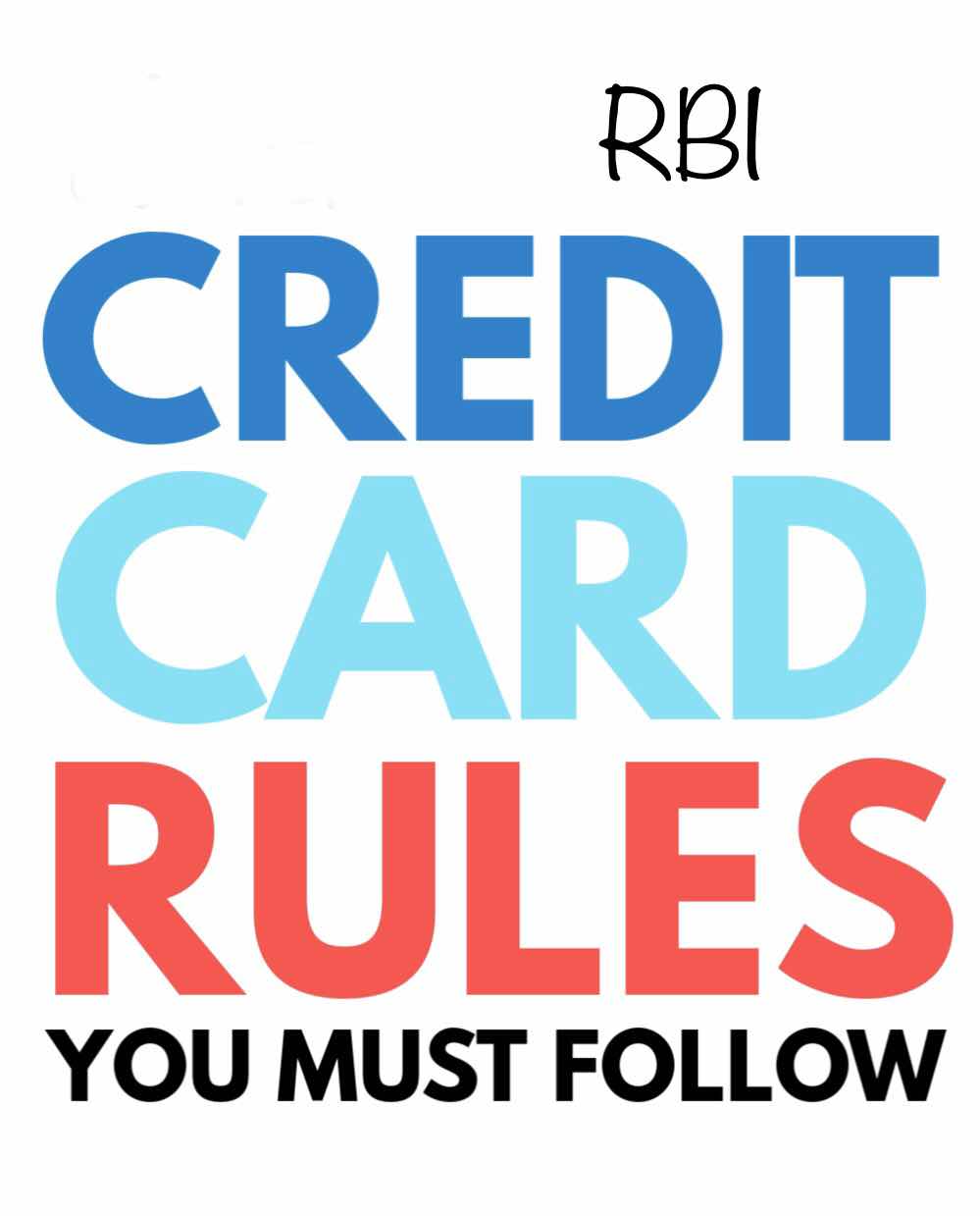Cyber Law, Cyber Security, Privacy, Data Protection Blog - FREE TO SHARE
Sunday, February 2, 2020
Online Defamation Laws in India
Tuesday, January 21, 2020
Credit Card Debit Card New RBI Rules 2020

RBI 2020 new Credit card Debit Cars rules: What cardholders must knowTo avoid card frauds U should know the following-
- All debits and credit cards, including those which are reissued, can only be used for domestic transactions at ATMs and point of sale (PoS) terminals at the time of issuance / reissuance of the card. "At the time of issue/re-issue, all cards (physical and virtual) shall be enabled for use only at contact-based points of usage within India," RBI said.
- Banks can deactivate current cards and reissue them based on risk perception. RBI has asked all banks and other card-issuing companies to disable online payment services of all debit and credit cards that have never been used for online/contactless transactions. RBI told banks and card issuers: “Existing cards which have never been used for online (card not present) /international/contactless transactions shall be mandatorily disabled for this purpose.”
- All those Debit Card and Credit Card which are never used for online transactions after March 16, a move aimed at enhancing security for digital transactions.
- If the cardholder wants to use the Debit/Credit card outside India, then they need to ask the bank to enable international transactions.
- Cardholders now can switch on and switch off their card or any particular facility like ATM transaction, online transactions available in the Debit or Credit Card.
- Customers can get the facility to set their transaction limits. RBI's new rule for debit and credit cards will come into effect from March 16. However, it will not be applicable for prepaid gift cards and those cards used at the mass transit system
Thursday, January 16, 2020
When IT Act, 2000 is applied, IPC cannot be applied by Police in the FIR
IT Act is a Special Act: case laws By Advocate (Dr.) Prashant Mali
Sharat Babu Digumarti Vs. Govt. of NCT of Delhi.
MANU/SC/1592/2016.
Gagan Harsh Sharma and Ors. Vs. The State of Maharashtra and Ors. MANU/MH/3012/2018.
Ajay Murlidhar Batheja Vs. The State Of Maharashtra and Ors. MANU/MH/ /2018.
Sunday, January 12, 2020
Having Child Porn in your mobile ? Beware !
Child porn in Mobile: Beware ?
Punishment for using a child for pornographic purposes
Offence
|
POCSO Act Punishment
| |
Use of a Child for Pornographic purposes
|
Minimum: 5 years
| |
Use of a child for the pornographic purposes resulting in penetrative sexual assault
|
Minimum: 10 years
Maximum: life imprisonment
| |
Use of a child for the pornographic purpose resulting in aggravated penetrative sexual assault
|
Minimum: 20 years
Maximum: Life imprisonment or death
| |
Use of a child for the pornographic purposes resulting in sexual assault
|
Minimum: 3 years
Maximum: 5 years
| |
Use of a child for the pornographic purposes resulting in aggravated sexual assault
|
Minimum: 5 years
Maximum: 7 years
|
FIR and remedies against Police in India
Remedies against Police
Friday, January 10, 2020
Mira Road Call Centre Scam - Accussed Pleads Guilty in USA
Meera road call centre scam accused, Hitesh Patel has pleaded guilty for his role in operating and funding a network of India-based call centers through which local callers and US conspirators scammed US victims out of millions from 2013 to 2016, the Department of Justice reported this week.
Patel was extradited to the United States from Singapore in April 2019 to face charges for this crime. The indictment, unsealed in October 2016, charged Patel and 60 other individuals and entities with general conspiracy, wire fraud conspiracy, and money laundering conspiracy.
According to admissions made in his plea, Patel and co-conspirators developed a scheme in which employees of call centers in Ahmedabad, India, impersonated officials from the IRS and US Citizenship and Immigration Services (USCIS). They threatened to arrest, imprison, fine, or deport victims if they didn't pay alleged fees owed to the government. Victims who fell for the scam were told how to pay, usually via general-purpose reloadable cards or wiring money.
Patel admitted to operating and funding several of these call centers, including the HGLOBAL call center. He communicated with co-conspirators via email and WhatsApp to exchange credit card numbers, telephone scam scripts, deposit slips, payment data, call center operations information and instructions, and bank account details. Scripts included impersonation of the IRS, USCIS, Canada Revenue Agency, and Australian Tax Office officials, as well as payday loan fraud, US government grant fraud, and debt collection fraud.
This week, Patel pleaded guilty to wire fraud conspiracy and general conspiracy to commit identification fraud, access device fraud, money laundering, and impersonation of a federal officer or employee. At the time of his April 3 sentencing, Patel faces up to 20 years in prison for wire fraud conspiracy and five years for general conspiracy. Both counts bring the possibility of a fine up to $250,000, or twice the gross gain or loss from his offense.
Tuesday, December 10, 2019
Google India to face Criminal Defamation charged in India
Google India may face Multiple Criminal Defamation cases in India for all cases arising before 2009, Other websites also can face the same fate if courts with jurisdiction agree for delay condoning.
FIR : All you want to know about in a criminal case
FIR - What is? The first information report is a report giving information of the commission of a cognizable crime, which may be made by t...

-
Cross-Examination in cyber crime matters Cross-examination almost always ventures into dangerous territory. The reason for this is that the ...
-
Indian Narcotics Control Bureau (NCB) on 9th February has arrested the country's first 'darknet' narcotics operative who alleg...
-
Police Closure Reports after investigation in cyber crime cases : 1. Art 21 of the Constitution guarantees fundamental right to life and per...
